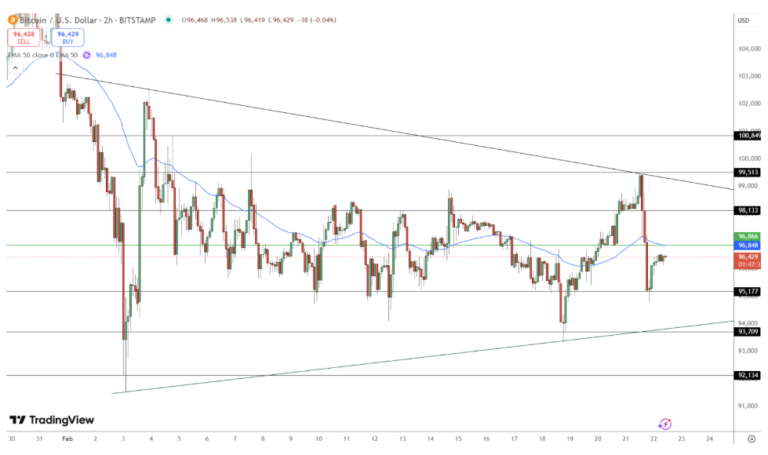FTX Co-Founder Faces Legal Turmoil: Witnesses Cooperate in Fraud Case, Potential Impact on Crypto Industry

- FTX co-founder Sam Bankman-Fried faces potential jail time due to testimonies from close associates implicating him in fraudulent activities.
- Witnesses Caroline Ellison, Gary Wang, and Nishad Singh, cooperating with prosecutors, may receive minimal prison time.
In the realm of blockchain and cryptocurrency, recent revelations have illuminated a legal tangle involving the FTX co-founder, Sam Bankman-Fried. Testimonies from close confidants, including Caroline Ellison, CEO of Alameda Research, Gary Wang, co-founder of FTX, and Nishad Singh, FTX engineering chief, have added an intricate layer to a case drawing significant attention within the crypto community.
The weight of these testimonies lies not only in their content but also in the cooperation deals struck by Ellison, Wang, and Singh with prosecutors. Their involvement, while potentially sparing them from significant jail time, can wield a substantial impact on Bankman-Fried’s legal standing. This collaboration often leads to reduced sentences or minimal jail time, especially when their testimonies contribute to securing convictions against higher-profile individuals.
As legal experts predict a possibility of minimal to no prison time for the witnesses, it’s important to note the potential fallout. While avoiding incarceration, Ellison, Wang, and Singh might face demands for returning ill-gotten gains and restitution payments to affected FTX customers. The financial implications could be substantial, reminiscent of past cases where individuals involved in large-scale financial fraud were required to surrender significant assets.
Professional and Financial Repercussions
The professional landscape for these individuals might alter drastically. Their involvement in FTX’s alleged fraudulent activities could lead to a tainted professional reputation, limiting their future career prospects. Despite their impressive educational backgrounds, their association with financial misconduct might stigmatize them within industries that involve managing funds or investments.
Apart from reputational damage, the financial aftermath of their actions could endure for years. Even after potentially surrendering assets, the U.S. Justice Department retains the authority to pursue restitution payments for up to 20 years. This long-term financial burden could inhibit their complete recovery from the repercussions of their involvement.
The unfolding legal complexities pose significant implications not only for those directly involved but also for the perception of the crypto industry. As this case progresses, it stands as a stark reminder of the responsibility and consequences that accompany operating within the blockchain and cryptocurrency sphere.















